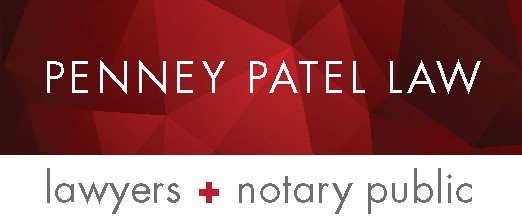Trusts remain a popular choice for people who are concerned about protecting their assets for themselves and for their children. Trusts are created by a document called a Deed of Trust.
Most trusts receive property from the settlors of the trust. Trustees are appointed to take care of the trust assets for the beneficiaries of the trust. The same person can be a settlor, a trustee and a beneficiary of a trust.
Many trusts are “given” the family home of the settlors. The home needs to be valued at the time that it is gifted to the trust. Until October 2011 each settlor forgave $27,000 of the value of the home until the full debt was forgiven. From October 2011 gift duty has been abolished so there will no longer be a tax on a gift to the trust. For other purposes such as rest home subsidies and relationship property claims there may be a need to look back to the gifts that have been made to the trust to establish the timing and value of the gifts so there will still need to be a record of gifts to trusts for these purposes.
A successful trust is one that is regularly monitored by the trustees and where there is a clear paper trial evidencing the ongoing administration of the trust by the trustees. We can help you to maximise the likelihood of success for your trust.
It is important to have a Will and to keep it up to date. We suggest that you discuss your circumstances with one of our lawyers and we will prepare a clear, plain English Will for you and discuss the advantages of Enduring Powers of Attorney by which you can appoint someone to act for you should you be unable in the future to make decisions for yourself.
